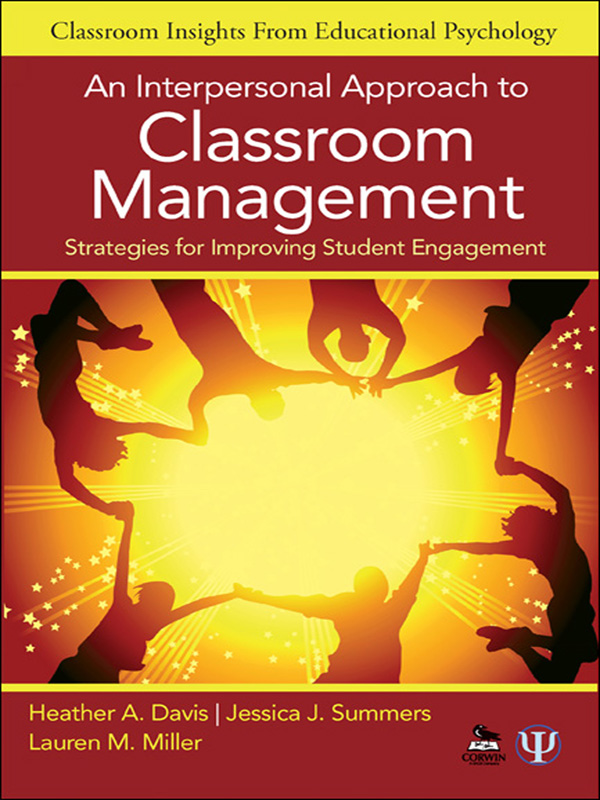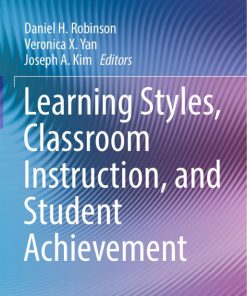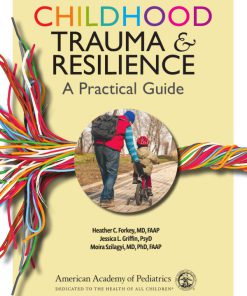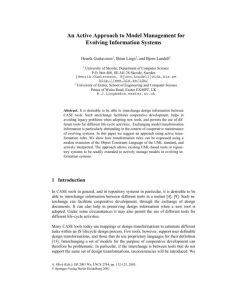An Interpersonal Approach to Classroom Management Strategies for Improving Student Engagement 1st Edition by Heather Davis, Jessica Summers, Lauren Miller 1412986737 9781412986731
$50.00 Original price was: $50.00.$25.00Current price is: $25.00.
Authors:Davis, Heather A.;Summers, Jessica J.;Miller, Lauren M.;; Jessica J. Summers; Lauren M. Miller , Series:Psychology [266] , Author sort:Davis, Heather A.;Summers, Jessica J.;Miller, Lauren M.; & Summers, Jessica J. & Miller, Lauren M. , Languages:Languages:eng , Published:Published:Feb 2012 , Publisher:Corwin Press
An Interpersonal Approach to Classroom Management Strategies for Improving Student Engagement 1st Edition by Heather Davis, Jessica Summers, Lauren Miller – Ebook PDF Instant Download/Delivery. 1412986737, 9781412986731
Full download An Interpersonal Approach to Classroom Management Strategies for Improving Student Engagement 1st Edition after payment

Product details:
ISBN 10: 1412986737
ISBN 13: 9781412986731
Author: Heather A. Davis; Jessica J. Summers; Lauren M. Miller
Presenting the psychology behind the best-managed classrooms Like having a hidden camera in other teachers′ classrooms, An Interpersonal Approach to Classroom Management engages you from the start by contrasting how two teachers respond differently to common situations. The authors expertly bridge the gap between educational psychology and peer and student-teacher management from the perspectives of student engagement, classroom relationships, and teacher self regulation. Both current and prospective teachers will find helpful tools for engaging difficult students, managing challenging relationships, and handling conflict. Key topics include: Student behavioral, relational, and cognitive engagement in the learning process Classroom structures that contribute to student engagement The contribution of peer relationships to positive and negative behavior management Strategies that help children learn to manage their own behavior Connecting with students who are culturally and linguistically diverseThis practitioner-friendly guide takes you on an enlightening journey that will help you manage by design rather than by default. The results—improved relationships and enhanced learning—will not just make a difference; they will make all the difference.
An Interpersonal Approach to Classroom Management Strategies for Improving Student Engagement 1st Table of contents:
PART I. Management as a Function of Student Engagement
Chapter 1. What Does It Mean for Students to Be Engaged?
Three Types of Engagement
Motivational Systems Theory
Self-Determination Theory
Why Is Relational Engagement Important?
What Teachers Can Do to Support Caring and Students’ Relatedness Needs
Key Terms
Resources for Teachers
Chapter 2. How Do I Organize My Classroom for Engagement?
Instructional Design: Consistency Management
Organizing for Student Autonomy
Planning to Promote Behavioral and Relational Engagement: Routines and Rituals
Establishing Routines for Engagement
Creating Rituals for Engagement
Planning to Promote Cognitive Engagement: Classroom Goal Structures
Key Terms
Resources for Teachers
Chapter 3. How Do I Create a Classroom Climate That Supports Engagement?
Developing Students’ Autonomy and Responsibility: Classroom Discourse Patterns
Key Terms
Resources for Teachers
PART II. Management as a Function of Classroom Relationships
Chapter 4. How Do I Model Caring in Relationships With Students?
Observing Beliefs About Relationships
Teacher Beliefs About Relationships
Warm Demanding Teachers
Feedback, Praise, and Academic Press
Key Terms
Resources for Teachers
Chapter 5. How Can I Build Supportive Peer Relationships?
Revisiting Alice’s and Kim’s Classrooms
Why Are Peer Relationships Important?
Building a Positive Classroom Community
The Child Development Project
The Open Classroom Learning Community
Building Community Using Cooperative Learning
Peer Relationship Issues in the Classroom
Facilitating Supportive Relationships With Children With Special Needs
Reducing Peer Victimization and Bullying
Key Terms
Resources for Teachers
Chapter 6. How Do I Connect With Diverse Students?
Observing Discourses About Diversity
Cultural Synchronization: (Mis)Interpreting Disrespect
Observing Systemic Oppression
Disrupting Systemic Oppression: Maintaining Expectations, Transforming Deficit Thinking, and Offering Positive Intent
What Does It Mean to Be Culturally Competent in Our Relationships?
Key Terms
Resources for Teachers
PART III. Management as a Function of Teacher Self-Regulation
Chapter 7. What Does It Mean to Self-Regulate My Classroom Management Tasks?
Observing Teacher Self-Regulation
Thinking Systematically About Classroom Management
Understanding the Phases of Teacher Self-Regulation
Shifting the Locus of Responsibility for Managing Behavior
Key Terms
Resources for Teachers
Chapter 8. How Can I Improve and Sustain Relationship Quality?
Productive Reflection, Intentional Decision Making, and Teacher Self-Care
Acknowledging the Challenges of Sustaining Relationships
Understanding Teacher Needs for Autonomy, Competence, and Connection
Systematically Reflecting on Relationship Quality
Self-Composure: Understanding the Difference Between Responding and Reacting
Interrupting Cycles of Relationship Conflict
Coping With Intense or Persistent Misbehavior
Emotional Labor and Compassion Fatigue
Key Terms
References and Further Reading
People also search for An Interpersonal Approach to Classroom Management Strategies for Improving Student Engagement 1st:
what are the three approaches to classroom management
what are classroom management strategies
what are the best classroom management strategies
an interpersonal approach to classroom management












